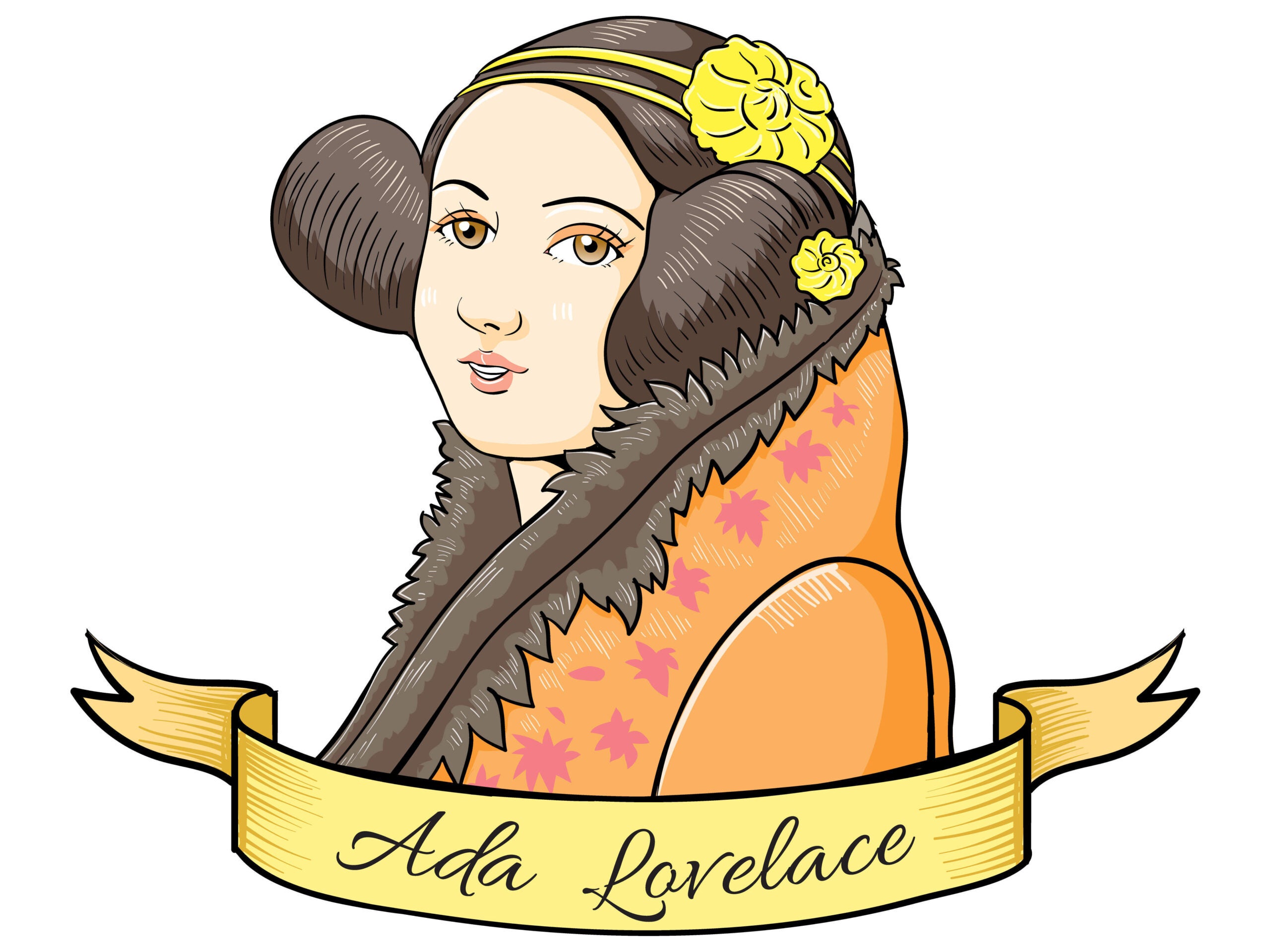
Celebrated on the second Tuesday of October, today is Ada Lovelace Day. While Charles Babbage remains a household name, Lovelace, and her contributions to modern computing, are less well known.
Founded in 2009 by technologist Suw Charman-Anderson, Ada Lovelace Day celebrates women in Science, Technology, Engineering and Maths (STEM) careers.
Who was Ada Lovelace?
Ada Lovelace was an English mathematician and writer primarily known for her work on the Analytical Engine, the mechanical general-purpose computer designed by Charles Babbage. Lovelace was recruited by Babbage to translate notes on the Analytical Engine by an Italian engineer, and while doing so added her own notes, including a sequence for solving certain mathematical problems.
Lovelace published the first algorithm intended to be carried out by such a machine, thought to be the first ever example of computer programming.
Although the Analytical Engine was never built, her notes were used in Alan Turing’s work on the first modern computers in the 1940s.
Ada Lovelace Day: Women in STEM
Over eighty years since Lovelace’s death in 1936, men still outnumber women in STEM careers by a significant margin. Despite initiatives in recent decades designed to increase women’s presence in STEM, there is still a noticeable lack of representation, particularly for women of colour.
How well do you really know your competitors?
Access the most comprehensive Company Profiles on the market, powered by GlobalData. Save hours of research. Gain competitive edge.

Thank you!
Your download email will arrive shortly
Not ready to buy yet? Download a free sample
We are confident about the unique quality of our Company Profiles. However, we want you to make the most beneficial decision for your business, so we offer a free sample that you can download by submitting the below form
By GlobalDataAccording to a recent study published in the journal Nature, the UK has the lowest proportion of women in engineering in Europe, with women accounting for just 10% of engineers. In the STEM industry as a whole, just 23% of the workforce are women.
Just last week, A senior scientist at CERN was criticised for claiming that physics was “invented and built by men” during a presentation about the role of women in physics.
With Brexit fast approaching and with it the threat of a STEM skills gap, diversifying the field is more crucial than ever. To mark Ada Lovelace Day, three women in STEM careers give their advice.
“The path is not clear enough”
Senior Director EMEA support & services at cloud data services company NetApp Cheryl Willis believes that it is important to have a support network for women in STEM:
“Today, we’re seeing much talk of encouraging girls to take STEM subjects. But without strong, visible female role models to relate to, the path is not clear enough. Women in technology need to be celebrated more, championed on social media and play a more prominent part in conversations in mainstream media. Thanks to technologies Ada could only have dreamed of, we now have the power to promote women and demonstrate their value for all to see.
”I have also learned from Ada that supporting and fostering the development of women by proving a forum for mentoring, networking, communication and professional development is crucial. It’s important to have a robust network that can support female employees. But as a female leader, I also attribute part of my strength to cultural experiences – I believe diversity brings a lot to the workplace.”
“Companies need a dynamic and diverse workforce”
Head of social impact at software company Pluralsight Lindsey Kneuven believes that a diverse workforce is beneficial to companies:
“Across STEM, the gender imbalance remains intolerably high. Women are being overlooked for appointment to senior positions and this is having a detrimental impact on the next generation of talent to lead technological innovation. The absence of appropriate role models for girls leads to a lack of confidence in their ability, and inevitably, causes bright and talented individuals to turn their backs on promising careers in technology.
“In today’s business climate, companies need a dynamic and diverse workforce to deliver ground-breaking innovations and provide the best possible service to their customers. Those who do not champion equal representation are missing out on a big opportunity to maintain their competitive edge and outperform their peers. Now is the time for women to use this momentum to press for equal footing across science and technology. It’s the twenty-first century and barriers to employment, whether it’s gender identity, ethnicity, sexual orientation, age or physical ability, should not exist.”
“The path into tech doesn’t have to be linear”
Founder and director of social enterprise ThinkNation Lizzie Hodgson gave the following advice to women and girls pursuing STEM careers:
“The path into tech doesn’t have to be linear. Look at what your skillset is. Ask yourself ‘what are the problems I want to help solve?’. Then embrace them with curiosity and drive. Find organisations that can help you segue into the industry where those challenges are being addressed.
“Be bold and reach out to the people in charge of the companies or organisations. Ask to meet or call them. Find them on LinkedIn and give them a reason to want to meet or connect with you. Do your homework because the human connection matters more than ever. Get out of your comfort zone. Find your tribe. Then find your mentor. Remember: STEM cannot flourish without creative ideas and approaches. That’s where the opportunity lies.”






